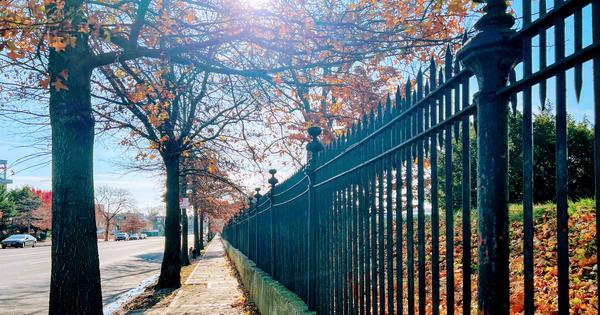Less a budget, more a plan

Spent what felt like a dumb amount of time looking at money stuff at the start of the year, summing up what we spent in 2024 and on what, and making what basically everyone calls a “budget” for 2025.
Boy do I hate that word.
I want to say upfront that I operate from a position of privilege: we have enough, and we don’t have our backs pinned against the wall by crushing debt or other financial obligations. Given that, sometimes I wonder if it’s a waste-of-time data entry job I’ve assigned myself, categorizing our every expenditure—over 2,000 in 2024. Does it really matter I bought some fruit at the market in June for $8.48?
I recognized a large part of this effort is anxiety-driven. Are we okay? Do we really have enough? Should we have or save more? Did someone steal our credit card and go on a Vegas bender? What unexpected expenses hit us in the face this year? How can I guard against getting maimed again in the future?
Above the anxiety, my higher self asks: Does the way we spend our money align with what’s important to us? There’s no way to know until we look at the numbers. An annual snapshot of aggregate spending tells you stories about your life choices that year. How much we spent on travel, how much of our food spending was delivery versus restaurants versus groceries versus fast food, how much maintaining our aging car costs.
Then, the stories inform this year’s plans. When to replace the car. Whether we want to visit that place again. What things we spent money on brought the most joy (and directing more money that way), and what things felt low-value for the dollar amount (and cutting back).
My inner contrarian was delighted by the name of Dana Miranda’s new book, You Don’t Need a Budget, because it flies in the face of an omnipresent, unquestioned piece of personal finance advice. I haven’t read the book yet, but I’m thrilled the new generation of personal finance writers are questioning the staid, aging schtick of people like Ramsey and Orman who mostly tell people they can’t afford things. (Update: I enjoyed the book. Here’s my review.)
Once I got myself out of debt and making enough income to have room to breathe, I’ve chafed against the idea of sticking to a budget. Too rigid, too absolute. If I don’t have enough money in the budget to do this thing, I can’t do it. I’d much rather empower myself to decide what I can spend less on so I can spend more on what’s most valuable to me, as I go.
I want my life to determine my spending, not the other way around.
So, even though I entered my informed guesses about what I think we’ll spend in 2025 into the section of Monarch labelled “budget,” it’s less a budget, and more a plan. And plans change.